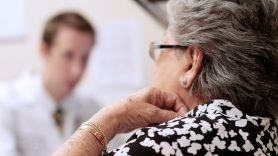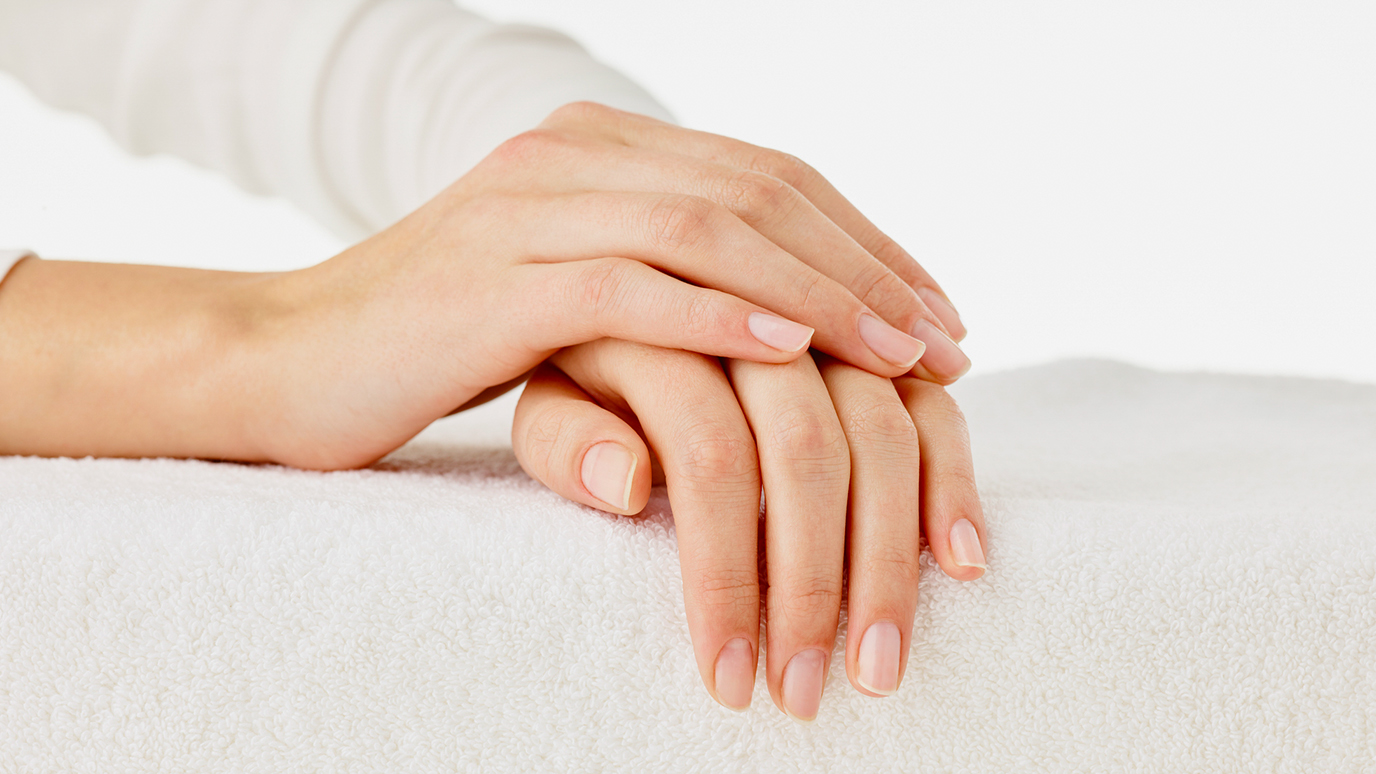- Diseases
- Acoustic Neuroma (16)
- Adrenal Gland Tumor (24)
- Anal Cancer (70)
- Anemia (2)
- Appendix Cancer (18)
- Bile Duct Cancer (26)
- Bladder Cancer (74)
- Brain Metastases (28)
- Brain Tumor (234)
- Breast Cancer (728)
- Breast Implant-Associated Anaplastic Large Cell Lymphoma (2)
- Cancer of Unknown Primary (4)
- Carcinoid Tumor (8)
- Cervical Cancer (164)
- Colon Cancer (168)
- Colorectal Cancer (118)
- Endocrine Tumor (4)
- Esophageal Cancer (44)
- Eye Cancer (36)
- Fallopian Tube Cancer (8)
- Germ Cell Tumor (4)
- Gestational Trophoblastic Disease (2)
- Head and Neck Cancer (14)
- Kidney Cancer (130)
- Leukemia (342)
- Liver Cancer (50)
- Lung Cancer (286)
- Lymphoma (278)
- Mesothelioma (14)
- Metastasis (30)
- Multiple Myeloma (100)
- Myelodysplastic Syndrome (60)
- Myeloproliferative Neoplasm (6)
- Neuroendocrine Tumors (16)
- Oral Cancer (102)
- Ovarian Cancer (178)
- Pancreatic Cancer (162)
- Parathyroid Disease (2)
- Penile Cancer (14)
- Pituitary Tumor (6)
- Prostate Cancer (150)
- Rectal Cancer (58)
- Renal Medullary Carcinoma (6)
- Salivary Gland Cancer (14)
- Sarcoma (238)
- Skin Cancer (302)
- Skull Base Tumors (56)
- Spinal Tumor (12)
- Stomach Cancer (66)
- Testicular Cancer (28)
- Throat Cancer (92)
- Thymoma (6)
- Thyroid Cancer (100)
- Tonsil Cancer (30)
- Uterine Cancer (86)
- Vaginal Cancer (18)
- Vulvar Cancer (22)
- Cancer Topic
- Adolescent and Young Adult Cancer Issues (22)
- Advance Care Planning (12)
- Biostatistics (2)
- Blood Donation (18)
- Bone Health (8)
- COVID-19 (360)
- Cancer Recurrence (120)
- Childhood Cancer Issues (120)
- Clinical Trials (628)
- Complementary Integrative Medicine (22)
- Cytogenetics (2)
- DNA Methylation (4)
- Diagnosis (240)
- Epigenetics (6)
- Fertility (62)
- Follow-up Guidelines (2)
- Health Disparities (14)
- Hereditary Cancer Syndromes (128)
- Immunology (18)
- Li-Fraumeni Syndrome (8)
- Mental Health (122)
- Molecular Diagnostics (8)
- Pain Management (62)
- Palliative Care (8)
- Pathology (10)
- Physical Therapy (18)
- Pregnancy (18)
- Prevention (940)
- Research (390)
- Second Opinion (78)
- Sexuality (16)
- Side Effects (616)
- Sleep Disorders (10)
- Stem Cell Transplantation Cellular Therapy (216)
- Support (408)
- Survivorship (330)
- Symptoms (182)
- Treatment (1794)
What older cancer patients should know about clinical trials
BY Devon Carter
4 minute read | Published June 25, 2018
Medically Reviewed | Last reviewed by an MD Anderson Cancer Center medical professional on June 25, 2018
Clinical trials enable us to discover new and better cancer treatments. They offer patients access to cutting-edge treatments years before they’re available to the general public. And, in many cases, they extend participants’ lives or even eliminate their cancer.
Despite clinical trials’ benefits, far fewer adults ages 65 and older participate in them compared to younger patients. But with 50% of new cancer cases in the United States occurring in patients ages 65 and older, it’s important for older patients to consider clinical trials.
We spoke with Ishwaria Subbiah, M.D., about misconceptions about clinical trials and what older patients considering clinical trials should know. Here’s what she shared.
Why aren’t many older cancer patients enrolling in clinical trials?
Many people fear being guinea pigs. But with a clinical trial, you’re not a test subject. You’re a person going through cancer treatment. Everything we do is guided by you, your experience and how you’re feeling.
What should older cancer patients consider before enrolling in clinical trials?
There’s a lot of responsibility that goes with being on a clinical trial. You’ll have to be in very close contact with your care team, so they can quickly address any changes you experience. You’ll likely need to come into the clinic often – weekly, in some cases – and at times undergo blood draws, scans and biopsies. So consider these requirements with your care team to determine if the potential benefits outweigh the trouble.
What challenges do older cancer patients face when enrolling in clinical trials?
Over the course of your life, you’ve experienced events that have had a cumulative effect on your health and that have led to some weakening of your body. We don’t want the clinical trial treatment to cause more harm than good, so clinical trials have strict criteria for enrollment – specifically regarding organ function. The patient’s kidneys and liver need to be in great shape, and blood counts need to be excellent. We also consider a patient’s overall well-being, including independence and mobility. These are all reflections of how the body is doing overall.
When designing clinical trials, we’re starting to look at each criterion, such as age, and gauge if it’s truly necessary or if that symptom could be comfortably and safely managed while a patient is on the experimental drug. The hope is to open clinical trials to more cancer patients ages 65 and older who may be in good health but have weaker kidneys, diabetes or other signs of a long-lived life .
When are clinical trials not a good option for older cancer patients?
Your age shouldn’t keep you from considering a clinical trial. Approach a clinical trial as you do any other treatment decision, and consider the following questions:
- What’s the treatment?
- How does it work?
- How will I get it?
- How will it affect my everyday life?
- What are the side effects?
- What are the benefits?
When discussing side effects, ask if they will evolve over time. For example, if the fatigue will only last for a couple of weeks, that may be something you’re willing to accept for the long-term benefits.
By weighing the answers to these questions, you can determine if a treatment decision – clinical trial or not – aligns with your values and your desired quality of life.
What’s your advice for caregivers of older cancer patients?
Try to come with the patient to appointments, so that you’re as engaged in the processes as much as possible. If you’re not able to be there in person, try calling on speaker phone or ask the patient to record the conversation. This way, even if you’re not at the appointment, you can still be there for your loved one.
Keep in mind that cancer patients’ needs and experiences change over time. Lab tests show us of some of these changes, but there are others that only the patient can feel, so we rely on the patients to share these with us.
It’s common for patients to worry about being a burden, so many keep these changes to themselves. But the patients who do the best are those whose caregivers pick up on these changes even before the patient does. To help, we train family members on what questions to ask to identify a patient’s needs and help us address them as soon as possible. We encourage the caregiver to ask about pain, fatigue, nausea and breathing, as well as the patient’s mood, which can reflect overall health. A big part of pain expression is a person’s mood, and no amount of pain medication can make depression better. Start talking to the patient about how they’re doing emotionally sooner than later. That way, the patient doesn’t have to suffer in silence, and we can help get them the support they need.
What’s your advice for older cancer patients considering clinical trials?
Talk to your doctor early on about clinical trials and find out what options may be available for you. Even if you’re not eligible for a clinical trial right now, know that we’re making so many treatment advances and opening new clinical trials all the time, so there may be a clinical trial that opens up in the future that’s right for you. Whether it’s now or in the future, be open-minded about enrolling in a clinical trial because your participation can help us find better treatment for future patients – and potentially even improve your quality life and extend your life.
Request an appointment at MD Anderson online or by calling 1-877-632-6789.

The hope is to open clinical trials to more cancer patients ages 65 and older.
Ishwaria Subbiah, M.D.
Physician





